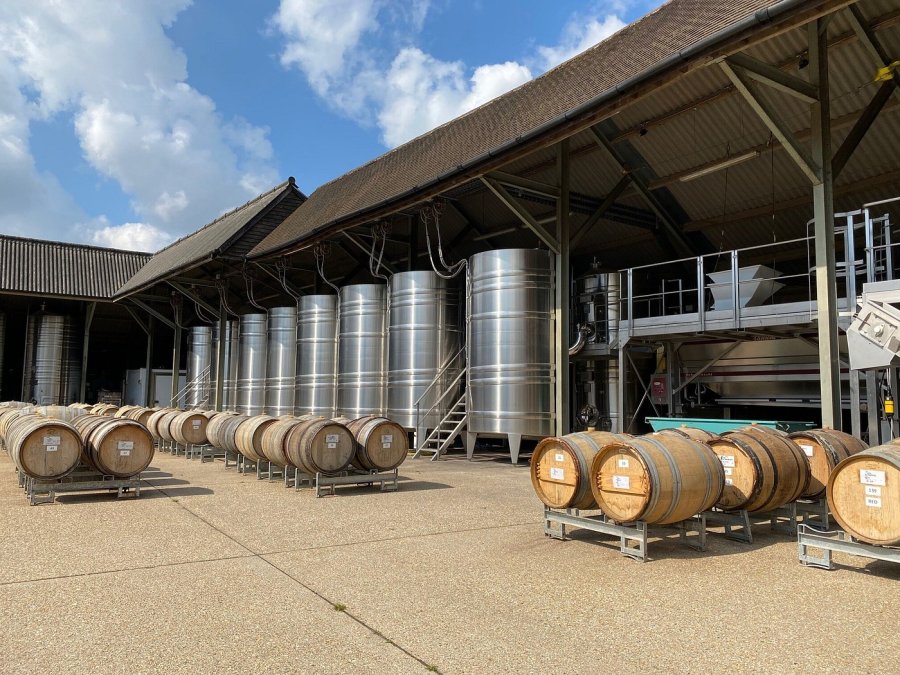The number of acres under vine in England and Wales continues to grow, but not every vine grower has the space, time or capital to produce all of their wine themselves. In the absence of a winemaking network dense enough to support large co-operatives like the ones common to France or Italy, the contract winemaking industry plays a hugely important role in delivering on production in the UK.
A dozen or so businesses played a pivotal role in the increase in volume and quality that English and Welsh wine has enjoyed over recent years. Some of those businesses are dedicated to contract production only, while others offer contracting services as part of the offer from an existing winery. Regardless of their composition, these contractors have quietly been building a wealth of experience and expertise by supporting vineyards of all sizes with their specific vinification needs.
Vineyard Magazine spoke to a number of contract winemakers to find out more about the services they offer, what’s new in the trade and how they are giving assurance about the quality of their finished wines.
Increased expertise and reduced capital expense
Henry Sugden, CEO, Defined Wine
What are the benefits of using a dedicated contract winery?
Increased expertise and reduced capital expense. Contract wineries should have a number of winemakers with years of winemaking experience. There is therefore a far better chance of making a better wine – and having the experience and equipment to spot when problems are starting and remediate them. A contract winery is also more likely to have access to better analysis and winemaking equipment, given the capital expense.
What are the range of services Defined Wine offer?
We offer a full ‘crate to case’ service. So, we can do everything from receiving grapes to producing finished, labelled bottles of still or sparkling wine.
Some of the vineyards we work with use all of this, many others just a part of the service, whether pressing; making wine which is then dispatched for blending, bottling or canning elsewhere; contract filtering and bottling; storing wine on lees; or contract disgorging. We also provide a range of lab services, aimed at providing quick analysis for winemakers.
Can you tell us about what growers can expect from the process?
For contract winemaking, we will discuss with the vineyards what wines and style of wines they want. Some of our vineyards have their own consultant winemaker, some are very new to wine but the idea is that they all get to define the style of wine they want – hence the name ‘Defined Wine’.
We do everything we can to avoid having a ‘house style’, so that the wines are all different and can best express the terroir and the owner’s wishes. Key questions new clients should ask are probably based around minimum tonnages; what kind of wines the winery can make; what input the grower has in winemaking issues; and around logistics – of picking, bottling etc.
How can growers new to contracting feel at their ease?
I would explain that contract wineries probably have far more experience of making wine than you do! You should have a look at the other wines they have made, as well as researching the qualifications and experience of key staff. The key thing is to have good communication between the grower and winery, so the grower is comfortable about what is happening next.
How are Defined Wine moving their services forward?
We have a team member dedicated to R&D. Their research includes looking at different yeasts or techniques that we can offer clients; and they are investigating CO2 capture with a third party. This year we are trialling a de-alcoholising unit, which could be really exciting for offering some lower ABV wines.

Access to exceptional winemaking facilities and experience
Clive Vickers, owner, Halfpenny Green Wine Estate, Staffordshire.
Why use a contract winemaker?
Working with a contract winemaker brings a number of key benefits, particularly around cost, equipment and expertise. Winemaking requires significant investment in specialist machinery, technology and skill, all of which can be prohibitive for smaller producers.
By outsourcing the production, growers can focus on what they do best: nurturing the vineyard and building their brand through sales and marketing. It’s a more efficient, less risky model that still gives you access to exceptional winemaking facilities and experience.
What range of services does Halfpenny Green Wine Estate offer?
We provide a comprehensive service that supports producers every step of the way. That begins with land suitability assessments and advice on grape variety selection, through to vine establishment, ongoing vineyard support, and harvest planning.
Once the grapes arrive at the winery, our services cover still and sparkling wine production, bottling and labelling. We can also offer guidance on branding, sales and marketing to help producers bring their wines successfully to market.
How does the process work?
The process begins with a straightforward contract that sets out how we’ll work together. Once that’s agreed, the grower delivers their grapes to us at harvest, and from there, we manage the full winemaking journey. We keep our clients closely involved throughout, with regular tastings and progress updates until bottling is complete.
For new producers, it’s important to ask about the winemaker’s track record, the styles of wine they specialise in, and the level of involvement they can expect throughout the process. You want to find a partner who not only has the technical ability but who understands your vision for the finished wine.
What assurances would you offer to growers who are nervous about contracting out?
It’s completely understandable to feel cautious about handing over your hard-earned grapes, but that’s exactly where a professional contract winery adds value. We’ve encountered – and solved – almost every winemaking challenge there is. Working with an experienced team means avoiding costly mistakes and ensuring your fruit reaches its full potential.
I’d always encourage growers to look at a winery’s track record, the awards they’ve achieved, and the consistency of their results. Our success stories and long-term relationships with growers across the country speak for themselves.
What is new at Halfpenny Green?
We’re continuing to invest heavily in our facilities to meet growing demand and maintain the highest quality standards. Recent additions include a new 18-tonne press, a crossflow filter for improved wine clarity and stability, and new compartment tanks for better batch control.
We’ve also expanded our winemaking team, bringing in additional expertise to support our growing client base. It’s a really exciting time for us, and for the English wine industry as a whole.
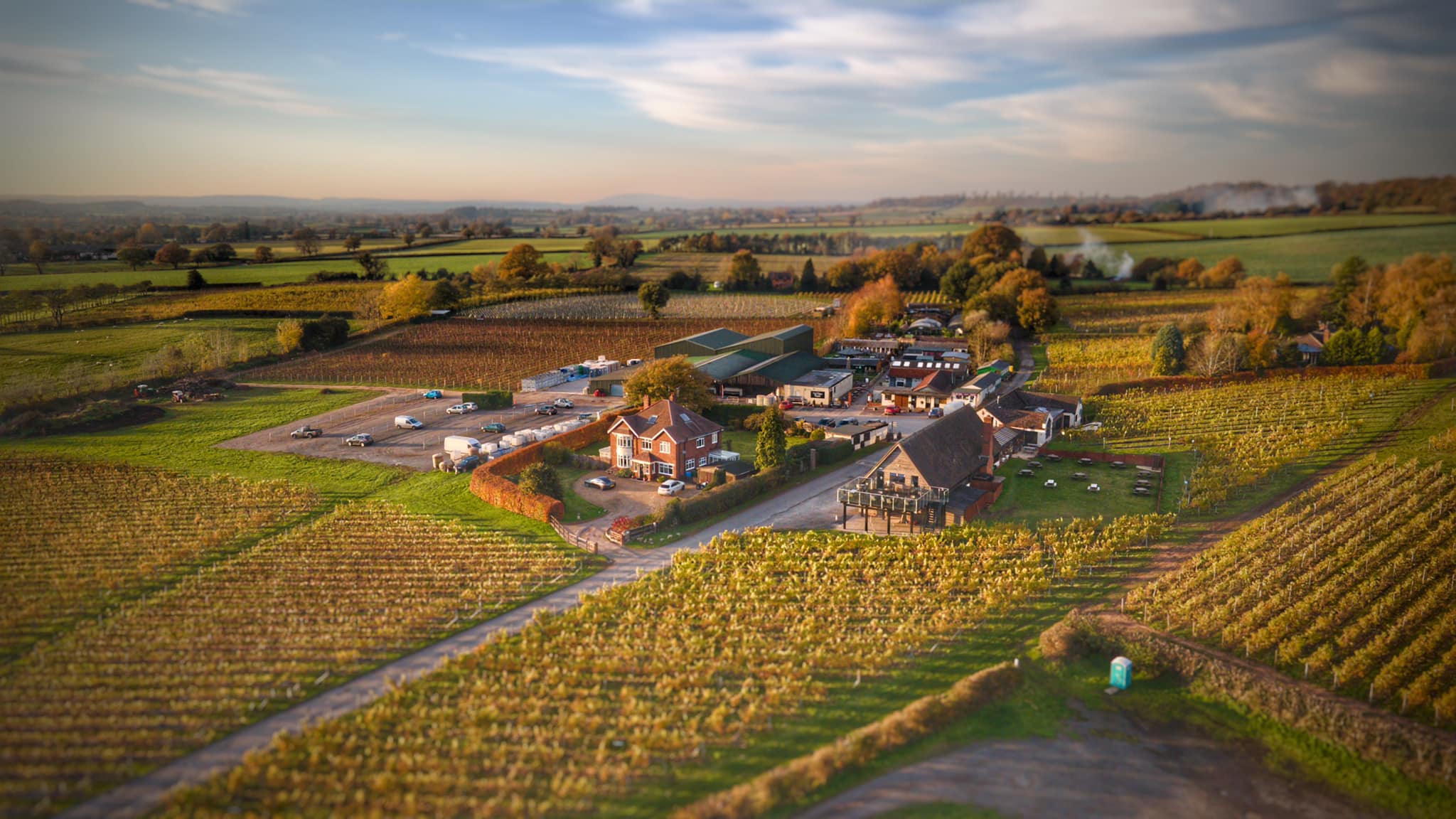
Small, off grid winery
Mark Smith, Founder, Black Mountain Vineyard, Herefordshire
A small, off grid winery with a capacity of around 3000L each year. This Herefordshire business’ story began in 2009, with their first harvest in 2013.
Tell us a little bit more about Black Mountain
We have our own small two hectare vineyard and an off grid winery. We have been making wine with zero additions since 2018. Black Mountain specialise in making wine for small growers – who will bring a few hundred kilograms up to two or three tons to us.
We’ve found this to be a good niche as many wineries will have a minimum or will have a co-operative tank. What’s great about dealing with these smaller vineyards is we give people the opportunity to have their own distinct wine made after having done the hard work of growing the grapes!
We particularly specialise in Pet Nat and Col Fondo styles, though we have also made a range of still wines. We tend to work with people who are similarly interested in low intervention/organic or natural processes. I also consult with vineyards who want to set up a winery and help to guide them through the winemaking process for the first few years offering advice and ideas or helping with the winemaking if they want.
What would you say to growers who are nervous about contracting out their winemaking?
I would explain to growers who are interested in low intervention wines that there is always a risk in the production, however having an experienced winemaker to produce the wines for you or guide you through the process will help mitigate this. And they will end up with exciting wines full of the character of the grapes they’ve grown.
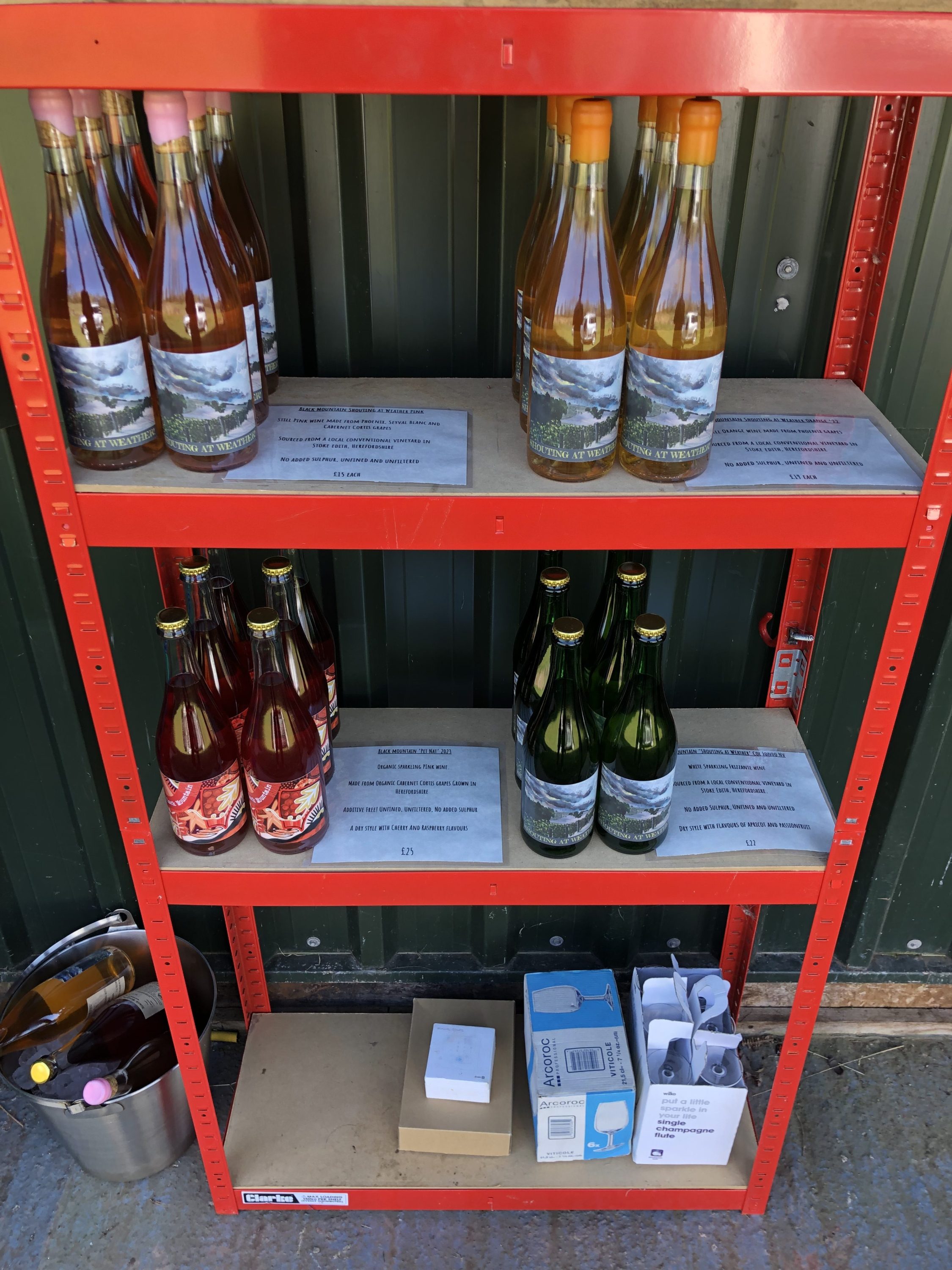
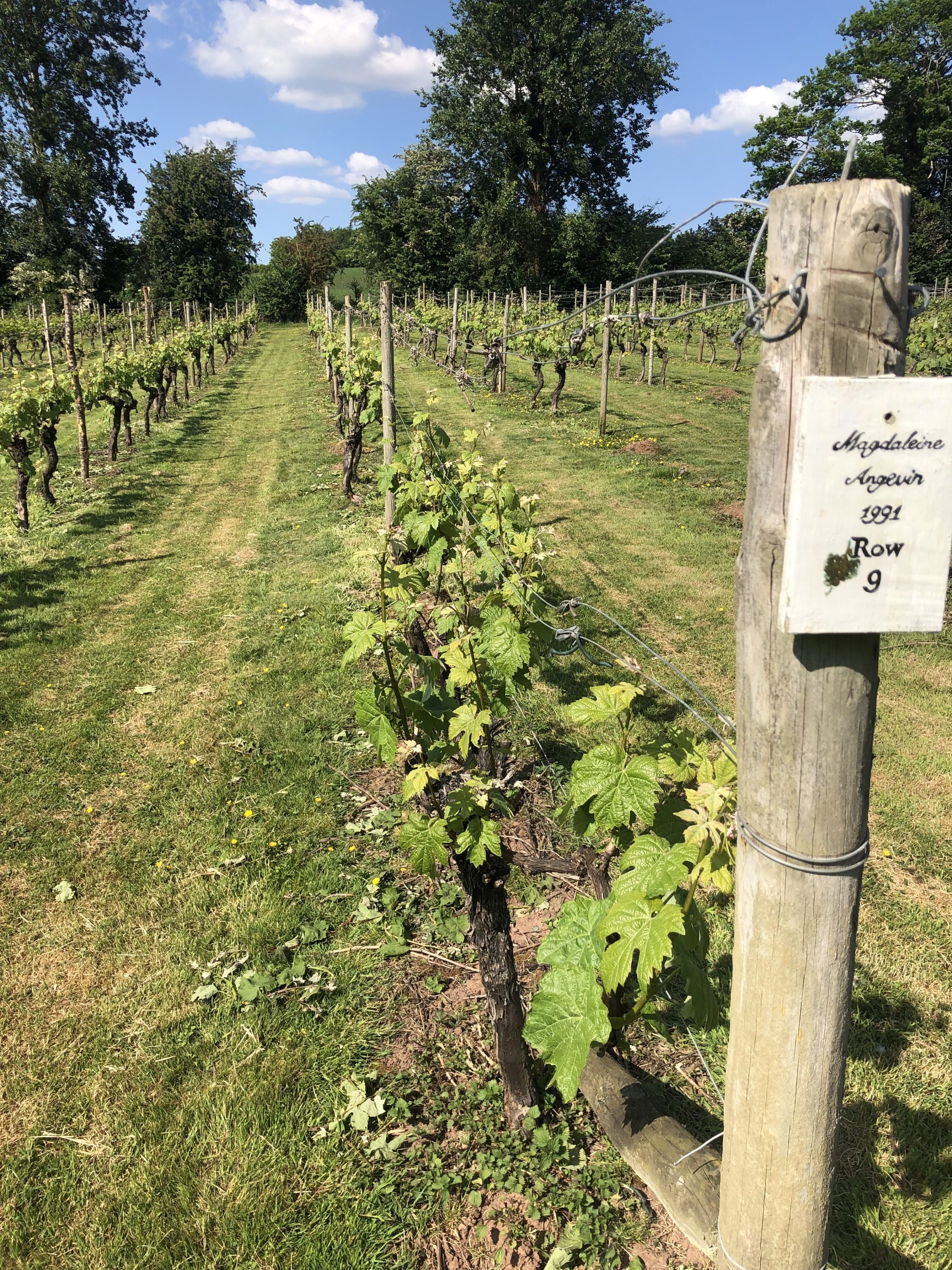
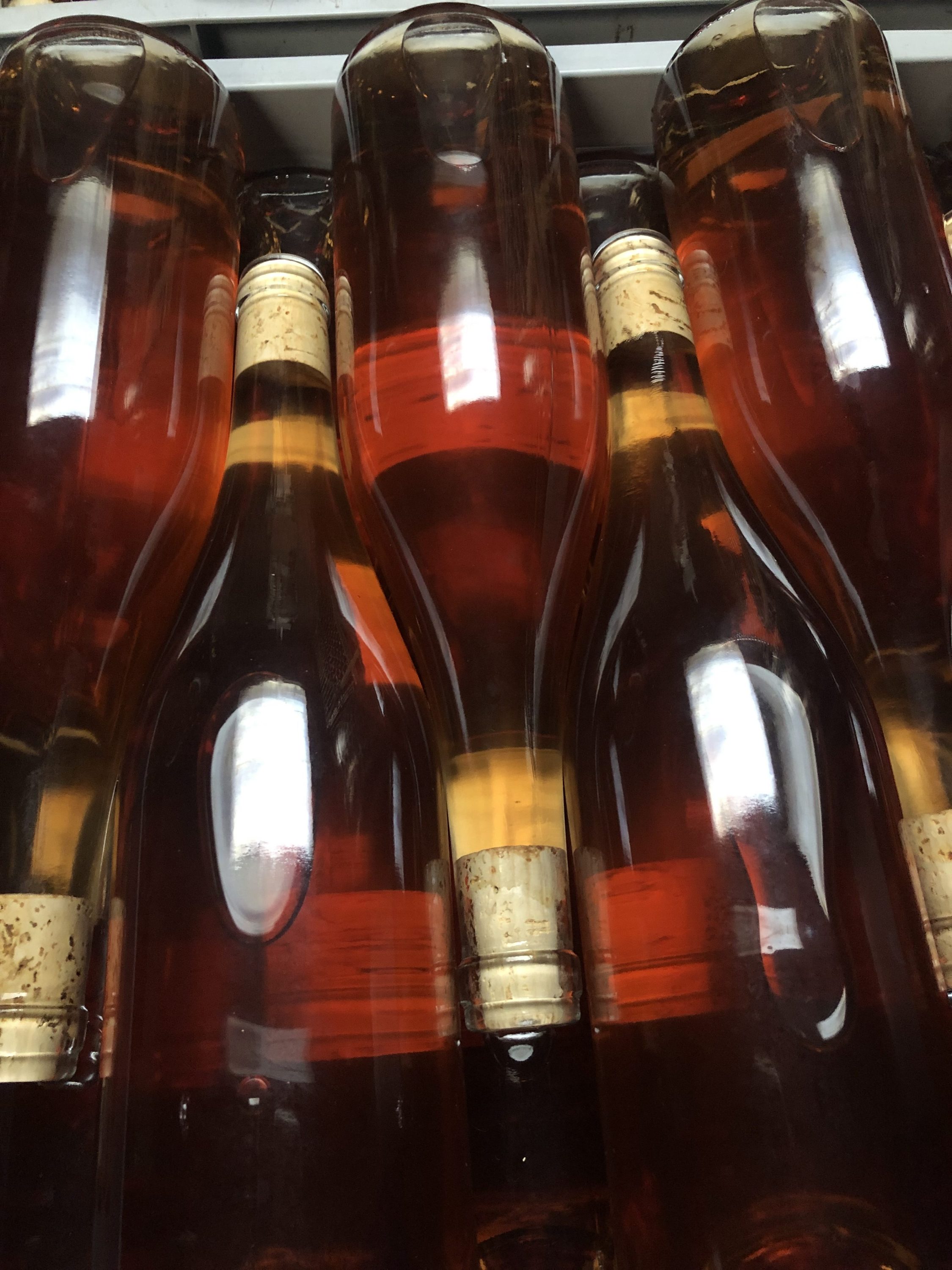
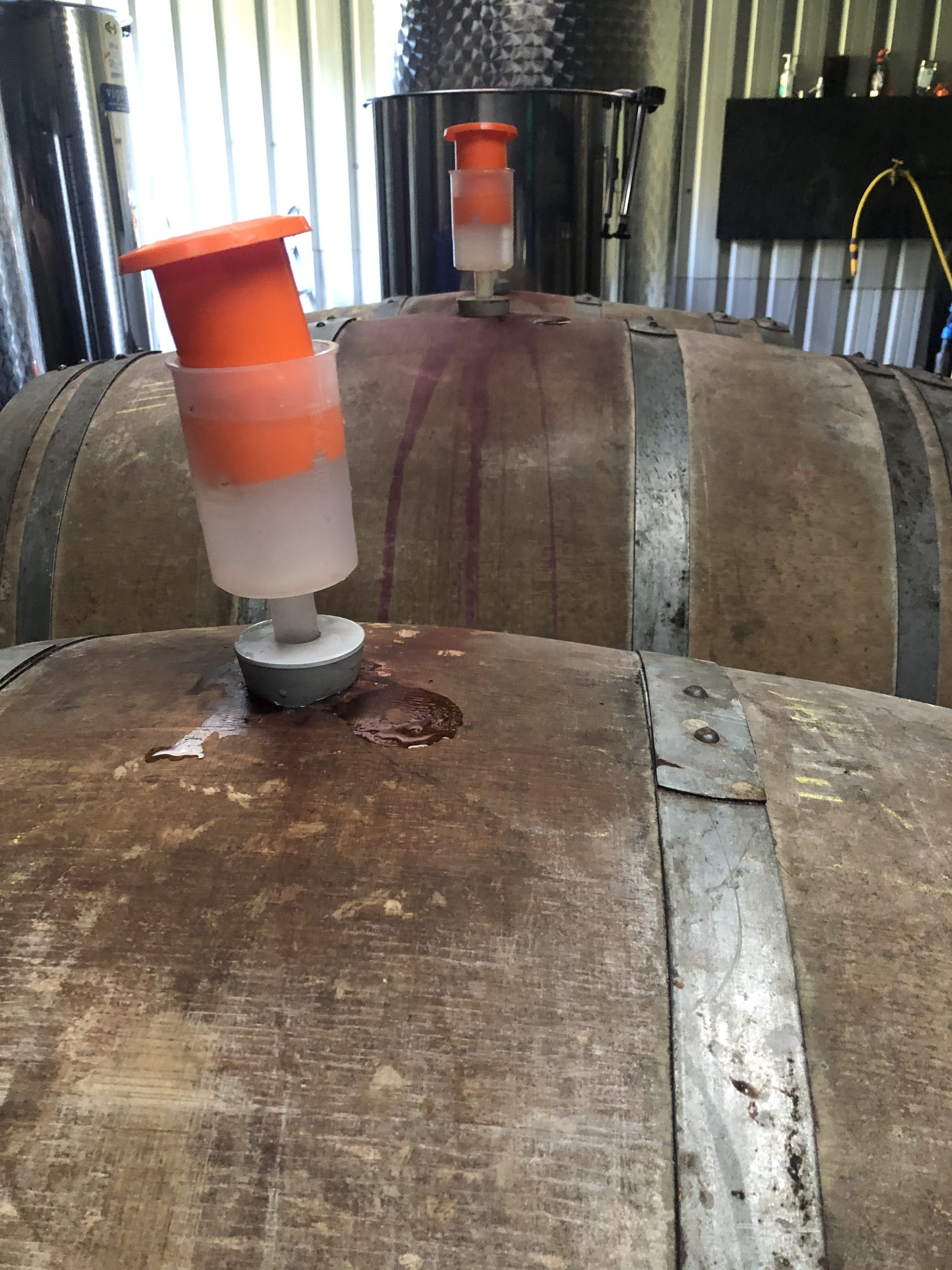
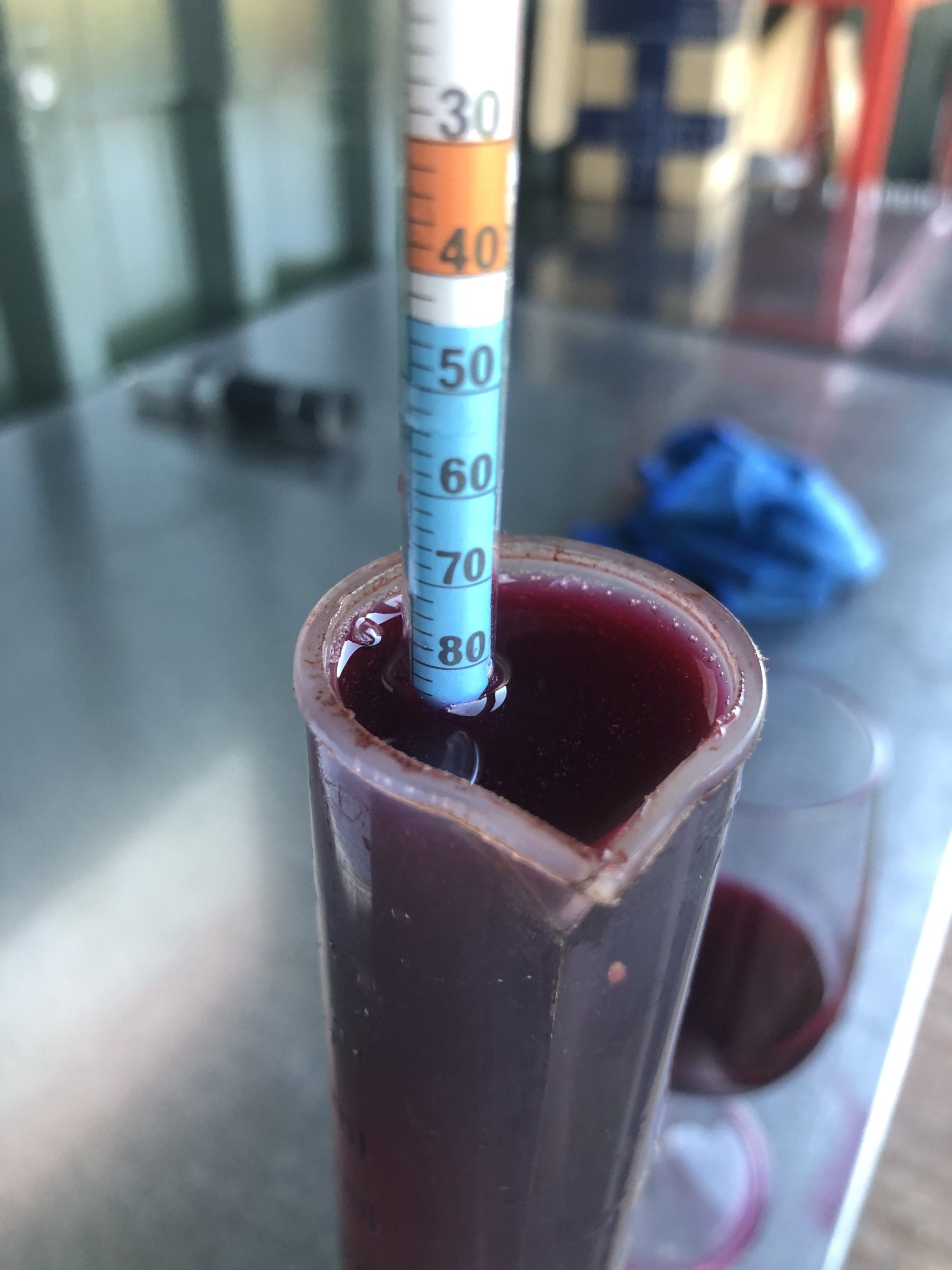
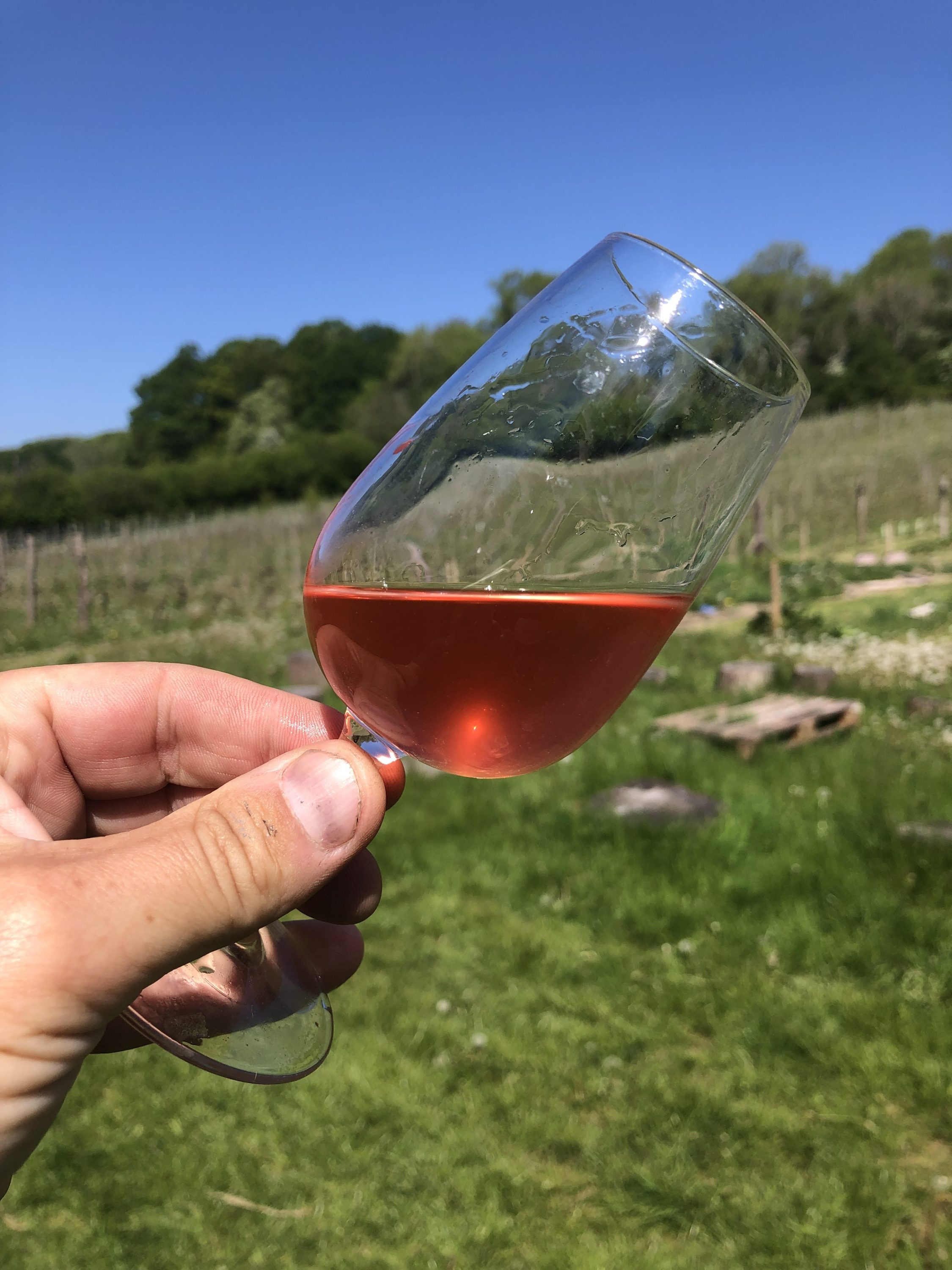
Done well, contracting out should lead to a lower cost
Simon Robinson, owner and Chairman, Hattingley Valley Wines, Hampshire.
What are the benefits of using a contract winemaker?
The most obvious benefit is not having to invest in production facilities, which are particularly costly if you are making sparkling wine by the traditional method. It is not just the machinery, tanks etc but also slightly less obvious needs such as temperature-controlled storage space.
Done well, contracting out should lead to a lower cost of production. Contract production also obviates the need for expertise in wine making by the grower. This is all particularly valuable for the smaller grower but can have benefits for larger producers as well.
Less obvious benefits include saving time on a lot of administrative/logistical issues such as sourcing dry goods (bottles, corks, muselets, etc) and services such as delivery.
What does Hattingley Valley offer?
We currently provide the full range of services from grape to packaged boxes of wine. So, we provide winemaking, storage, disgorging and labelling and, importantly, advice along the way – apart from the grapes, the only thing the grower has to provide is the labels.
What questions should producers approaching the process for the first time ask?
The key issue for a grower is what is the quality of the wine being produced. What experience does the winemaker have? Has the winemaker won awards? Do you like the sample wines you are shown? Of course, no winemaker can make a great wine out of bad grapes but can they make a great wine out of good grapes?
You should see the facilities and check they are modern and up to date. How far will you need to be (or can be) involved in each step of the process (eg blending)? Will you get wine from your own grapes back or will they be blended with others? How does blending work and at what stage (i.e. if your grapes are of different varieties will they be pressed separately or together)?
And what about the terms of the contract? What do growers need to think about?
What is the price of the services being offered and how long a contract will be expected? Will you pay in cash or will the winemaker take some of the grapes as payment (a so-called “swap” contract)? The latter is a particularly attractive option for many growers and for winemakers who have their own brand and so need grapes, as it tends to be very cost effective for both parties. But will only be attractive to a winemaker if the grape varieties are what they want and the terms of the arrangement suits them.
This option is also attractive for growers as they are not required to fund large cash payments for winemaking before they see any revenue from wine sales or (and this is pretty useful too normally) be faced by a sudden need to sell a large amount of wine: it allows for a more balanced rise in sales.
You may wish to consider whether the winemaker can hold reserves for the grower if required. However, the grower needs to understand there cannot be any guarantee of the quality of the wine being produced – the winemaker can only do the best he can with what he is given to work with – and that may mean wine that is not as good as the grower would like.
How does the relationship work in practice?
The process is essentially commenced by a decision by both parties that in principle they want to work together, usually for a fixed term but normally extendable by agreement. Before any wine is made, however, a contract is needed which will set out the services to be provided, the obligations of the grower and the term of the contract.
Bear in mind that even if there is an ostensible term of, say, five years, wine made during those five years will likely be finished much later – in other words, the “tail” of a sparkling wine making contract in particular is long. The final stages – riddling disgorging and labelling – take place several years after the wine is first made.
What assurances would you offer to a grower that is nervous about trusting a contract winemaker?
Only that we do our best – but we do have a lot of experience and success under our belt!
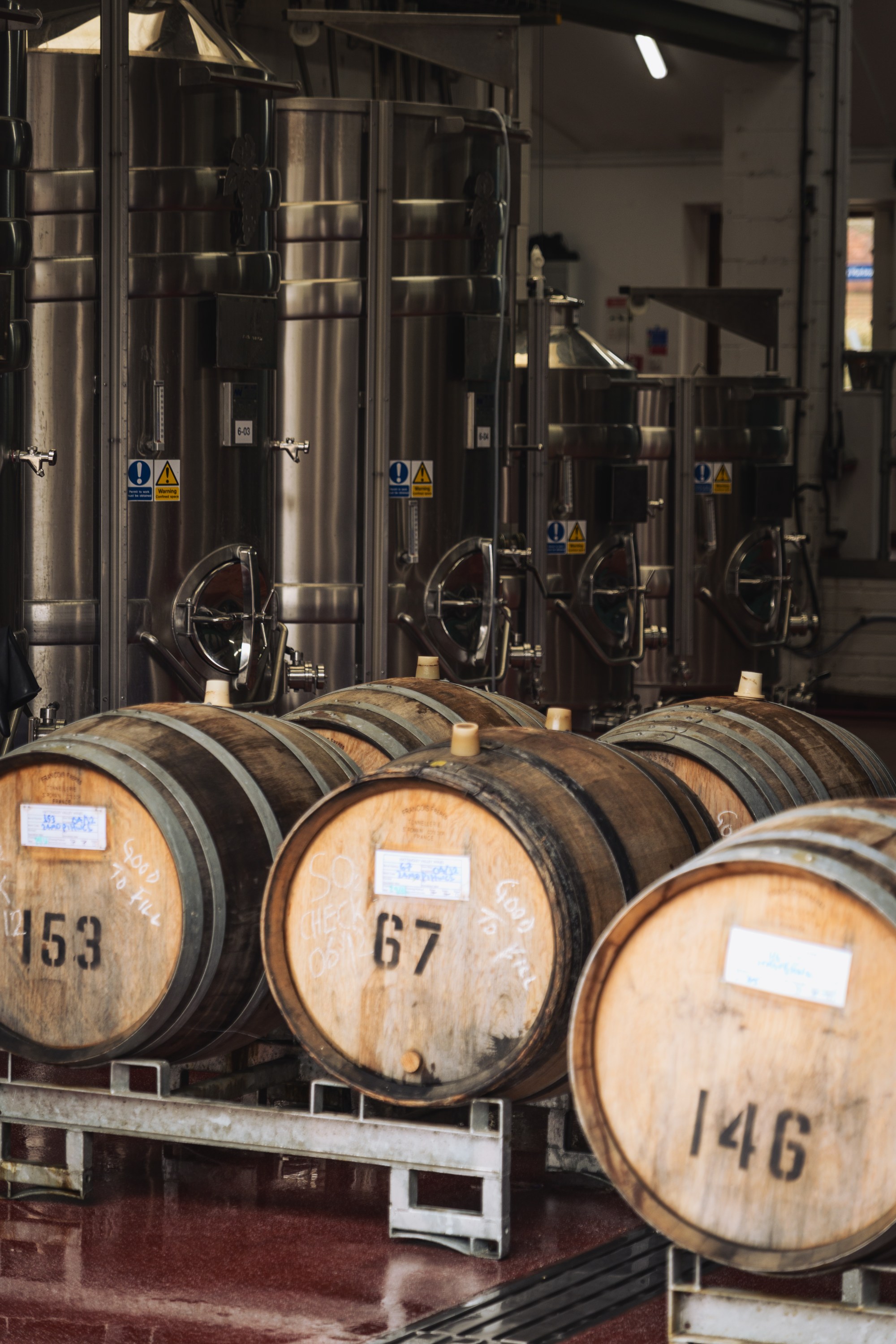
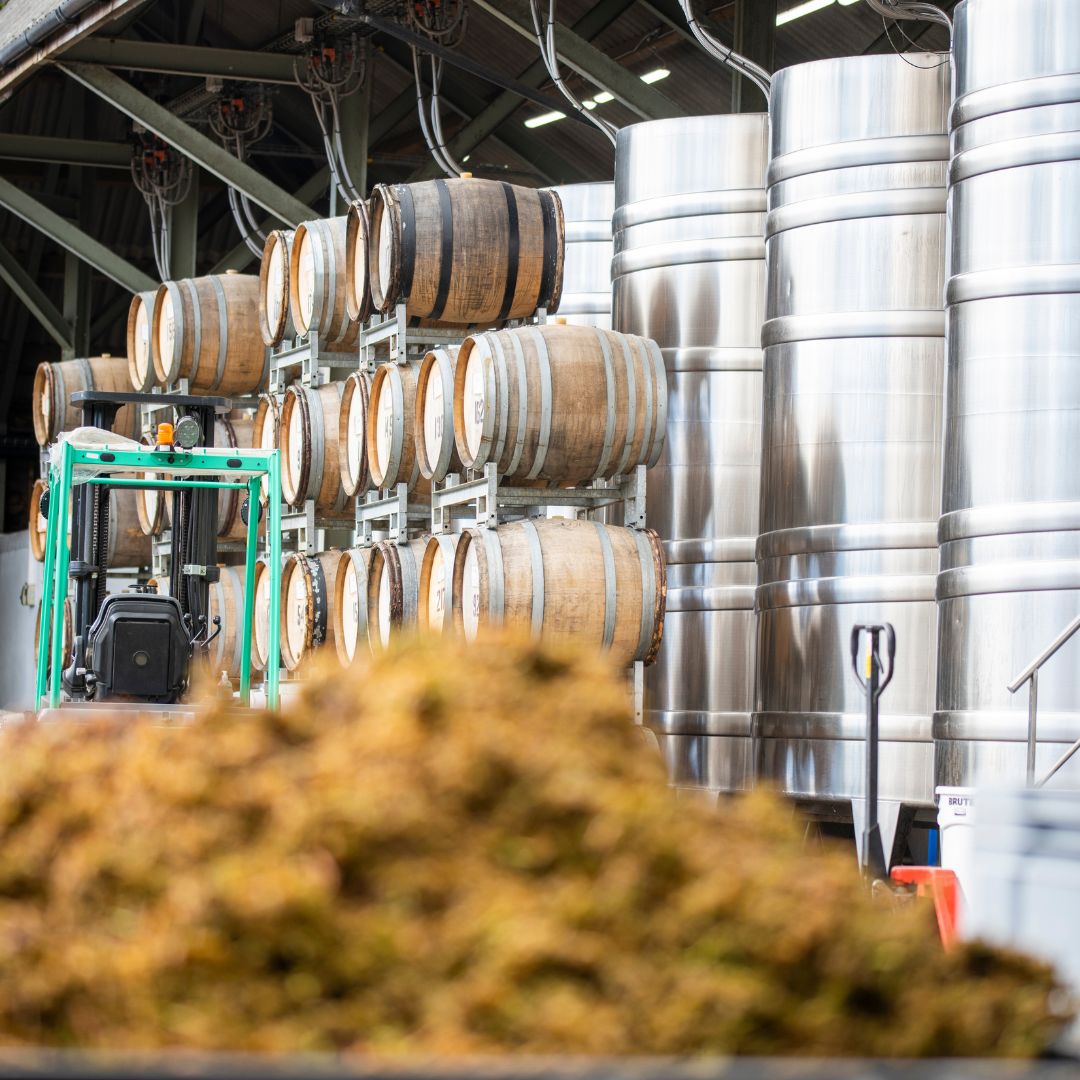
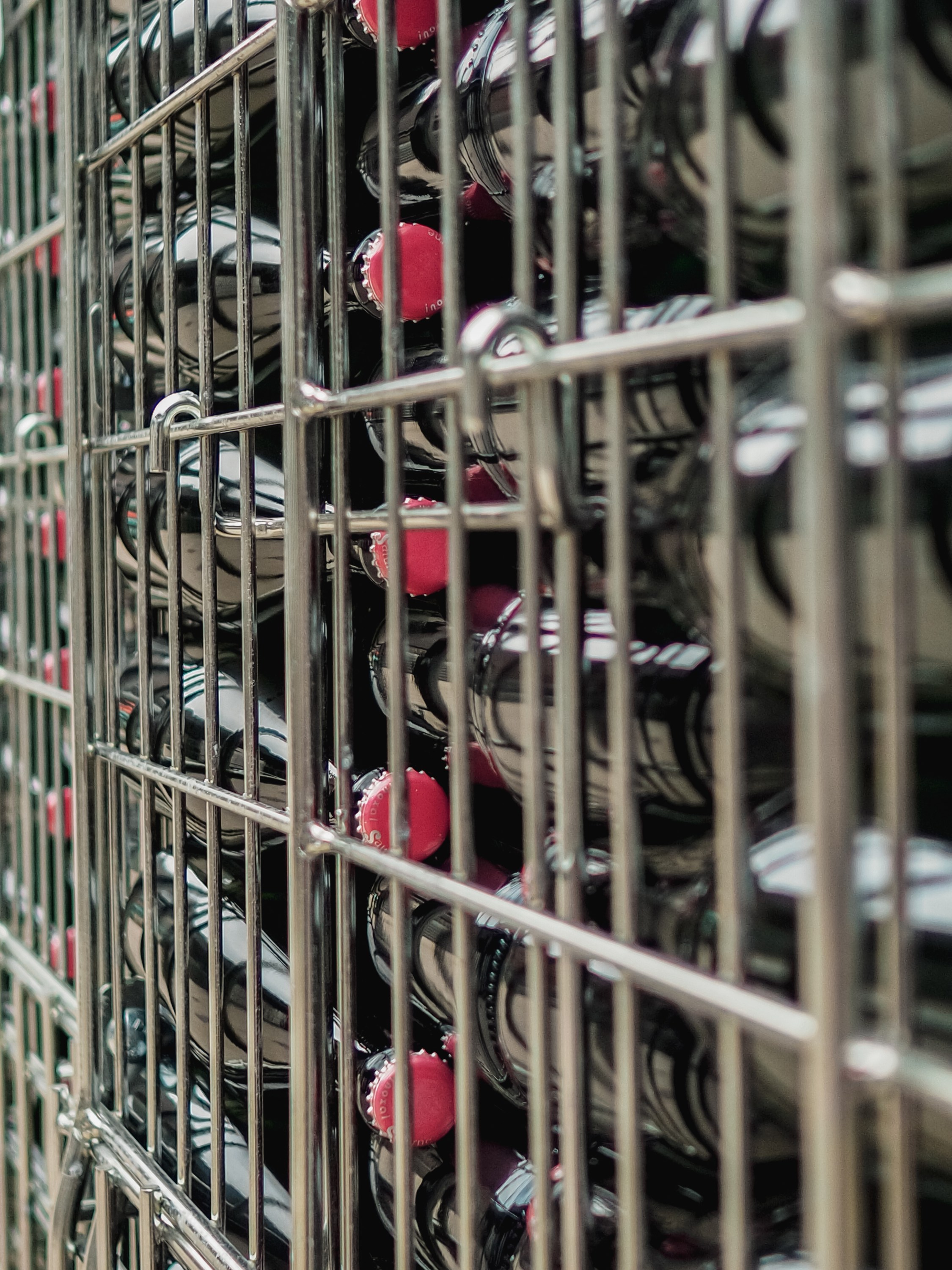
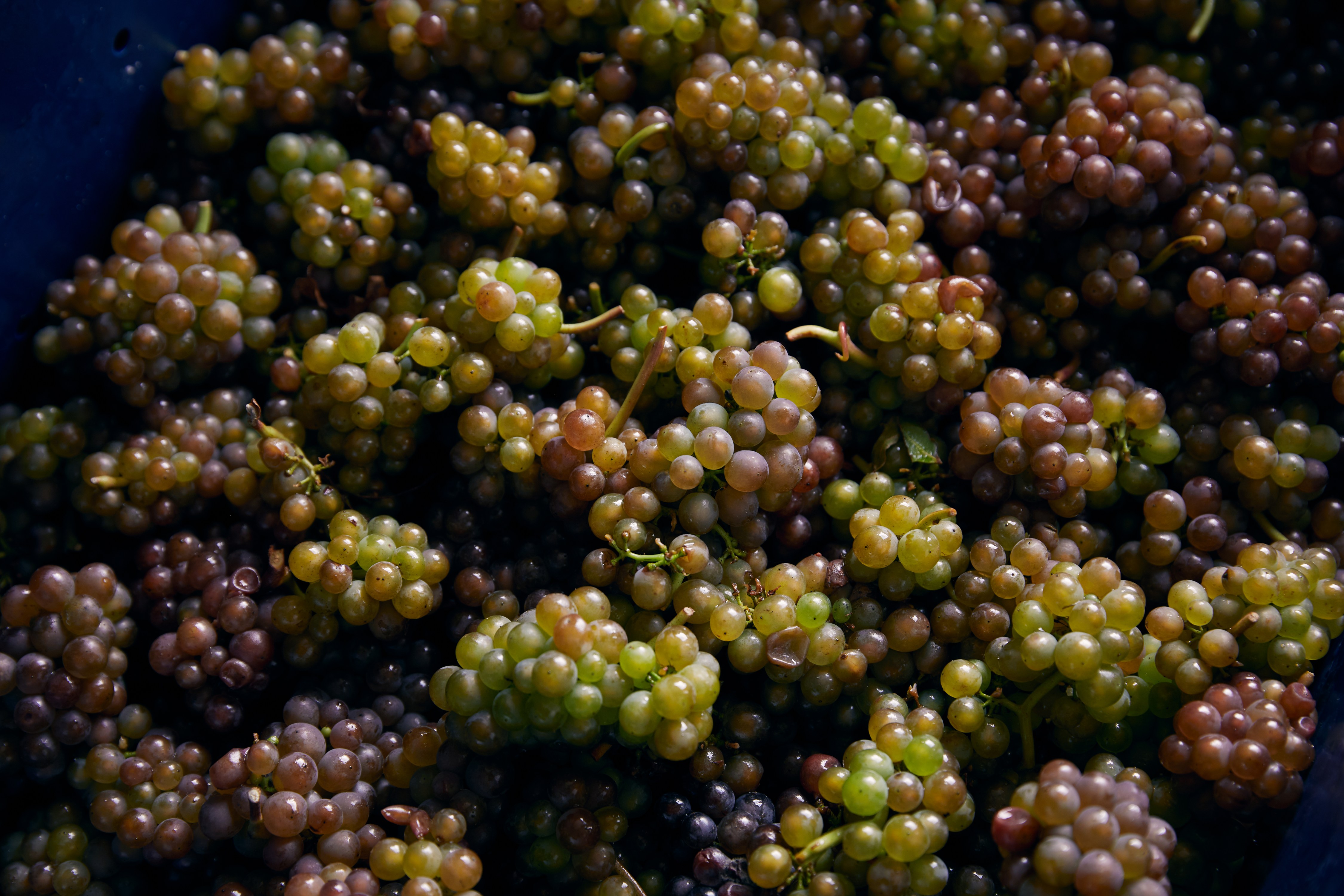
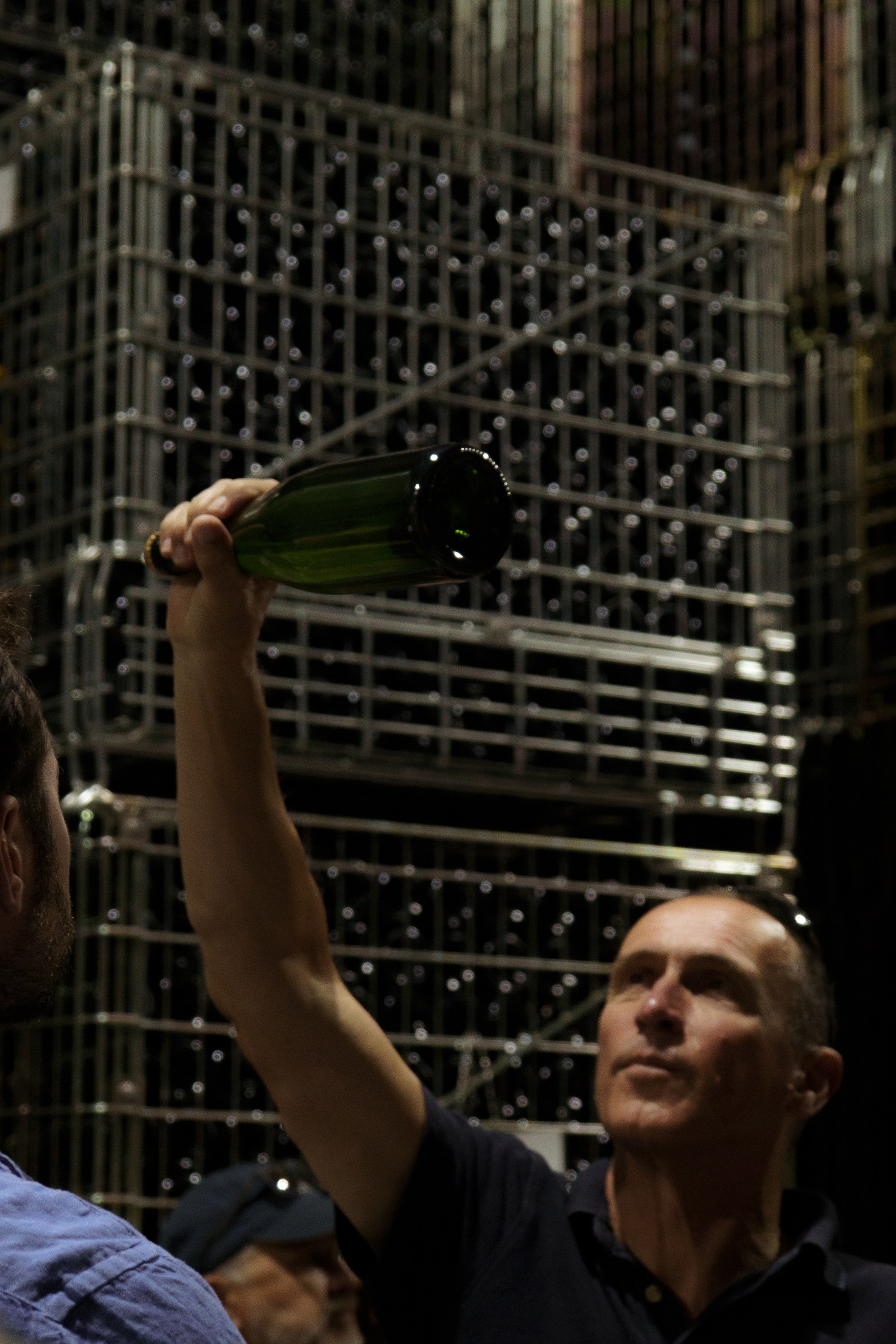
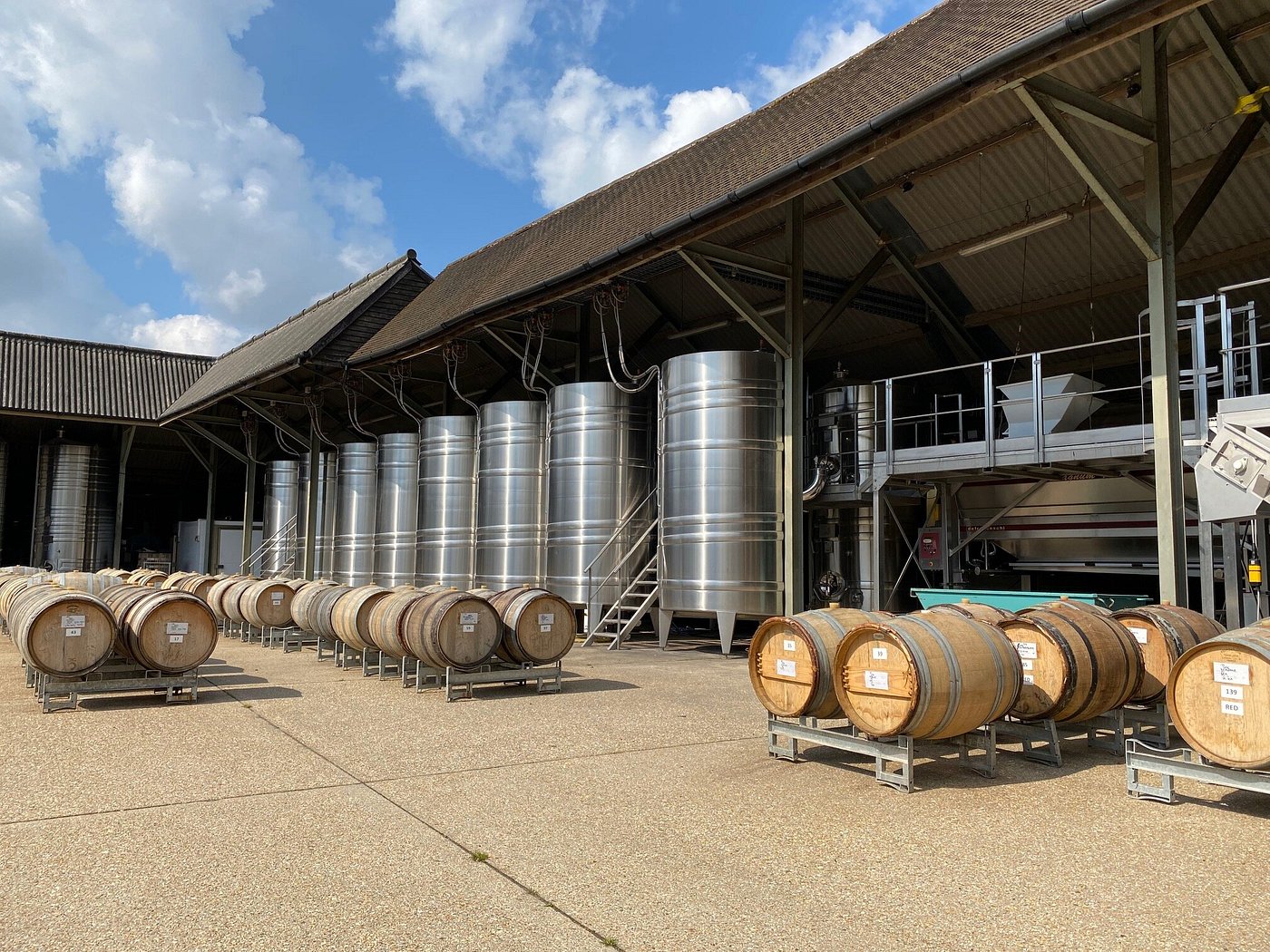
Contract wineries
Details of some of the contract winemaking facilities mentioned in this article are listed below alongside a selection of other facilities and whilst this list is certainly not exclusive it will provide a place to start for those at the beginning of their contract winemaking journey:
Black Mountain Vineyard
www.blackmountainwine.co.uk
Turnastone, Hereford, HR2 0RE
Defined Wine
www.definedwine.com
Unit B, Coldharbour Lane, Bridge, Canterbury, CT4 5HL
Enologie wine
www.Enologie.wine
Independent contractor with facilities available in Sussex and Northamptonshire
Halfpenny Green Wine Estate
www.halfpennygreen.co.uk
Upper Whittimere Farm, Tom Lane, Halfpenny Green, Bobbington, DY7 5EP
Hambledon Vineyard
www.hambledonvineyard.co.uk
East Street, Hambledon, Waterlooville, PO7 4RY
Hattingley Valley Wines
www.hattingleyvalley.com
Wield Yard, Lower Wield, Nr Alresford, SO24 9RX
Haygrove Evolution
www.haygrove-evolution.com
Little Marcle Road, Ledbury, Herefordshire, HR8 2JL
Itasca Wines
www.itascawines.com
Clifton Farm, Croft Lane, Crondall, Farnham, GU10 5QD
Langham Wine Estate
www.langhamwine.co.uk
Crawthorne Farm, Crawthorne, Dorchester, DT2 7NG
Litmus Wines
www.litmuswines.com
London Road, Dorking, RH5 6AA
Mereworth Wines
www.mereworth.co.uk
Brewers Hall, Tonbridge Road, Mereworth, Maidstone, ME18 5JD
Red Hill Farm Estate
www.redhillestate.com
Red Hill, Wateringbury, ME18 5LB
Wiston Estate Winery
www.wistonestate.com
North Farm, Pulborough, RH20 4BB
For more like this, sign up for the FREE Vineyard newsletter here and receive all the latest viticulture news, reviews and insight

